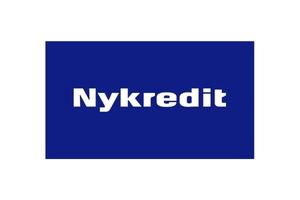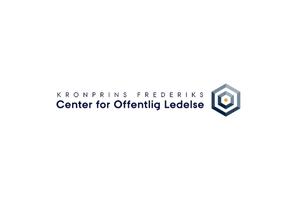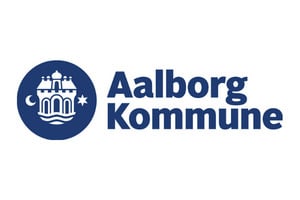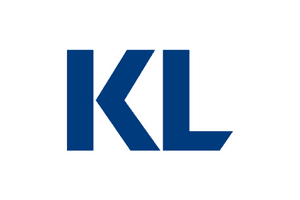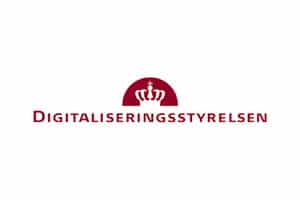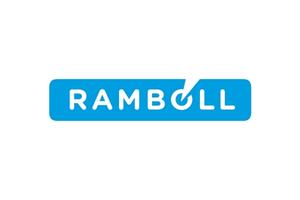What does LEAD understand by a learning culture?
In LEAD's understanding, a learning culture consists of:
1. psychological safety
2. Mindset - an ideal for development and learning
3. Methods and structures
Psychological safety is a much-discussed concept from Professor Amy Edmondson. In more concrete terms, psychological safety means that employees and managers have a deep-rooted belief that everyone in the workplace has each other's best interests at heart. This means being open about mistakes and doubts, and being able to show the vulnerability of asking "dumb questions", expressing wonder and coming up with new ideas. In a learning culture of psychological safety, you can have healthy conflicts, discussions and constructive criticism in an effort to make yourself and each other better. Because you know that disagreements are driven by a genuine desire to learn and help each other learn.
A strong learning culture is built on psychological safety because a learning environment requires employees and managers to be open and honest. Psychologically safe collaboration is a place where employees understand that they can safely air their ideas, questions and concerns without being punished or losing face. In fact, they're expected to voice offbeat ideas, mistakes, doubts, questions and business-critical issues.
Mindset[MR7] refers to the perception that mistakes are important because they lead to learning. This is the diametric opposite of a zero-error culture. The ideal is not to be flawless and perfect. The ideal is that we can all develop and learn throughout our lives. In a highly complex and ever-changing world, it's important to trust the professional judgment of employees and managers. They must have the opportunity to try out new ideas and occasionally find themselves on the edge of their comfort zone, where they obviously won't perform perfectly and where they will make mistakes or struggle with their work without being punished or humiliated. And learning culture applies to everyone - across hierarchy and status, and leaders in particular need to lead the way and be role models.
That's not to say that they should constantly be outside their comfort zone. That's far too hard and demanding in the long run. But on the edge of the known is where creativity, development and learning take place.[MR8] It's on this edge that people's creative urges are satisfied.
Methods and structures are necessary to develop a learning culture where learning becomes an integral part of everyday life. It is the organization's structures - practices, actions, organization, etc. that build[MR9] the culture. So it's important to take a hard look at your practices. Do our meeting agendas invite reflection and learning? Do we have engaging dialogues with each other, or is it one-way communication and orientation? Do we have structured time for collegial sparring, sharing dilemmas, getting feedback, evaluating our projects, or do we forget about it in the rush and just ask the person next to us or talk to our manager behind closed doors? All of these touchpoints can potentially be learning goldmines.
The combination of psychological safety, mindset and structures can create a deep-rooted learning culture - for the benefit of employees as well as managers, organizations as well as their customers.[MR10] The reason is that it creates a safe and meaningful environment for innovative development, personal well-being and high performance.

